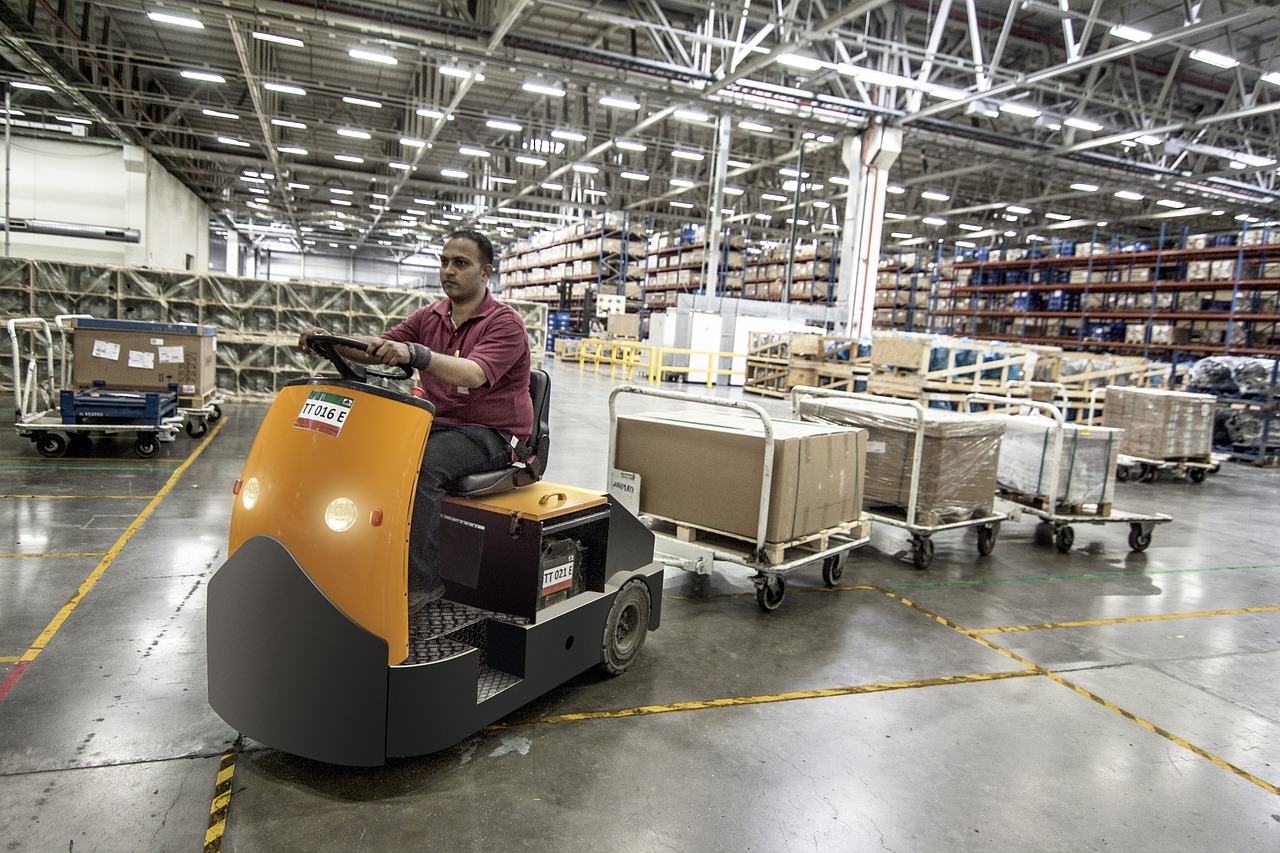2009
5 Ways to Improve Warehouse Management System Cybersecurity

Nowadays, cybersecurity is a concern for every business — especially those involved in supply chains and logistics. In 2017, the industry saw its first major threat with a cyberattack on the Maersk's computers. The consequences of this incident rippled throughout the world, causing chaos and massive delays for ports everywhere. Since then, hackers have been actively targeting the sector.
Cyberattacks can do more than just create a bottleneck; sensitive data such as customer information, costings, and the delivery of materials are all at risk if hackers infiltrate your system. To protect your company and customers, here are a few ways to improve your cybersecurity.
Educate your employees about cyber risks
You can have the most robust cybersecurity systems, but it won't matter if it's your employees who slip. You’ll need to invest some time and effort to educate them on cyber risks, such as phishing, malware, and hacking. Teach them the different tactics of social engineering that cybercriminals use in an attempt to gather as much information about the company. But aside from telling them about these risks, provide them with cybersecurity training as well — so they have hands-on experience in recognizing and handling phishing and social engineering attacks. Note that you must conduct these tests and assessments regularly since risks can evolve.
Work with your supply chain partners
Cyber threats may come indirectly to you through your supply chain partners. Shared online platforms increase the efficiency of the supply chain industry — and these platforms contain real-time information regarding supplies, transportation, and warehouse management. You may not be able to control your partners’ cybersecurity guidelines, but you can at least make it clear that it's also their responsibility to follow basic cybersecurity measures. These can include conducting regular cybersecurity checks or having security certifications. Consider including this in your contract as well.
Hire cybersecurity experts
One of the most surefire ways to strengthen your cybersecurity is to hire a dedicated expert, especially if you’ve got several departments and members to manage. True enough, statistics from analytics firm Burning Glass Technologies reveal that the demand for cybersecurity workers in the U.S. has nearly doubled from 2013 to 2019 — and it continues to grow rapidly. As a solution, several universities have started offering online cybersecurity degrees. These immersive programs provide students with hands-on experience in cybersecurity strategies and knowledge — including ethical hacking, digital forensics, cyber law, defensive tactics, and more. Indeed, they’re just as credible as graduates from traditional schools, so it’s worth expanding your scope when hiring for this role.
Invest in infrastructure and security tools
Upgrading technology and beefing up your cybersecurity doesn’t come cheap. However, it’s worth it since it can save you money in the long run and keep your business operating efficiently and safely. For instance, manual data entering takes too much time and is susceptible to human error. To help, warehouse management systems (WMS) optimize warehouse functionality by increasing inventory visibility and the speed of inbound/outbound inventory. WMS also gives you greater internal security by requiring individual accounts for employees for transactions. This improves accountability and lowers theft and inventory misplacement.
Have plans in case of breaches
Even the best security measures can still be breached by a cybercriminal with enough skill, time, and money. When planning data breach responses, your incident response team should include employees from different departments — from IT and public relations, to legal and HR (depending on your company structure). For example, if you're a massive corporation, you'll need PR to work out what to tell the public and save your reputation. Meanwhile, the legal team should also be there to determine what you'll be liable for. A good rule of thumb is to have a 24 to 48-hour response plan. The longer it takes for you to get in action, the more damage your company will suffer from.
18 Wheels Logistics is your number one 3PL provider that provides the best outsourcing services in warehousing, labeling, copacking, and logistics. Contact us today to find out what we can do for your and your team.
